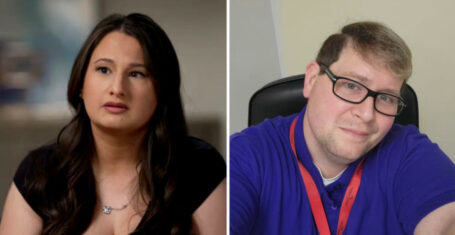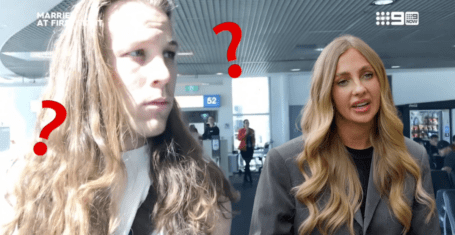
Oresteia
Good acting can’t compensate for a baffling set up, writes HANNAH MIRSKY.
ADC, 11pm, 31st October – 3rd November
Dir. Alex MacKeith
As this show finished, before we had even stopped clapping, my plus one said to me ‘I am so confused’. Understandably. Aeschylus’ Oresteia, which this production is based on, is a trilogy of Greek tragedies that depict the downfall of Agamemnon and his family, in a cycle of fated killings that can only be broken by the intervention of the gods. There are quite a few problems with turning that into an hour-long late show set in Las Vegas.
It’s certainly a clever premise, turning Greek high tragedy into the bitchy infighting of a glossy American TV drama. The very best moments in this production come when it demonstrates how totally aware it is of crashing together these two genres.
Sally Bowell’s Elektra, a brilliantly deranged twelve-year old, can quip, in one scene, that Orestes is ‘obviously the hero’ because he’s brooding at a funeral, and that they’d better get on with the revenge, because ‘revelation scenes are boring’. To get the first joke, you only have to turn on your TV once in a while, but to get the second you’ve got to be au fait with the conventions of classical theatre.
Even though this collision of genres is handy for metatheatre, it isn’t so good at creating a show you can actually understand. To try and sidestep the problems with the original’s supernatural elements to the modern-day setting, the second half of the play becomes, thanks to a couple of blink-and-you’ll-miss-it indicators, an extended hallucination of the mad Orestes.
But why on earth would the heir to a casino empire be imagining Athena chatting about springing full-formed from her father’s head? Laura Batey and Stephen Bermingham play their tawdry chatshow gods fantastically, but this can’t make it any less weird that they’re included in the production at all. There’s no place for gods and fate in the shallow world of Vegas casinos.
It’s a shame. There’s some great acting in this production, and it’s almost worth seeing it just for the one-liners. If you’re familiar with the Aeschylus, I’m sure you’ll enjoy seeing how the fall of Troy becomes an explosion in a casino, and the Chorus Leader takes pills for his kidneys.
But even then, you’re going to be spending a lot of time trying to piece together how this relates to the Greek original. And if you’re a bit busy to be reading up on the classical canon, you might just leave the theatre baffled. This production takes three ancient plays, squeezes them into an hour, and forces them into a setting that doesn’t quite make sense. It’s quite a stretch. The strain shows.









































